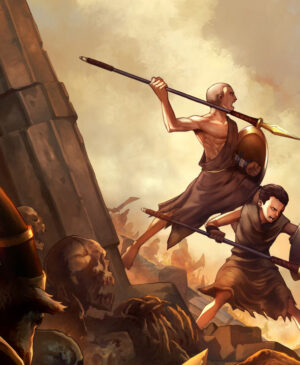As more and more games appear, are seen, and then disappear completely unplayable, more and more people are getting fed up.
Last year, nearly a dozen games disappeared into the digital abyss simply because publishers shut down their servers. Battlefield, Call of Duty: Warzone, Spellbreak, Gundam Evolution, and Knockout City were all affected. Making a game unplayable can be especially annoying if you bought it, meaning it is not a free-to-play title. In the video embedded below, Ross Scott (who runs the Freeman’s Mind channel on YouTube and whose Stop Killing Games campaign we’ve covered) compares disappearing games to the days when people burned the tapes after silent movies to get the silverware…
So a European Citizens’ Initiative was launched. If 1 million EU citizens sign the petition, there is a chance that a law could be passed so that the EU can require publishers who license or sell video games (or related features or assets) to consumers to keep them in a functional, playable state even if servers are shut down or studios close. An increasing number of publishers are selling video games that require an Internet connection to the publisher, or “phone home,” in order to function. While this is not a problem in itself, when support for these types of games ends, publishers very often simply cut off the connection necessary for the game to function, destroy all working copies of the game, and take extensive measures to prevent the customer from repairing the game in any way,” the petition states.
The initiative would require publishers to provide the resources necessary to keep the game alive. This would allow players to run the game on their own servers, eliminating the need to connect to servers that are no longer operational. This is what Knockout City has done. The initiative also addresses games that offer microtransactions (skins, other paid features): if you buy something, you can use it whenever you want, so a free game would still be alive in some form.
The initiative can be signed at the second link below.
Source: PCGamer, European Citizens’ Initiative
















Leave a Reply